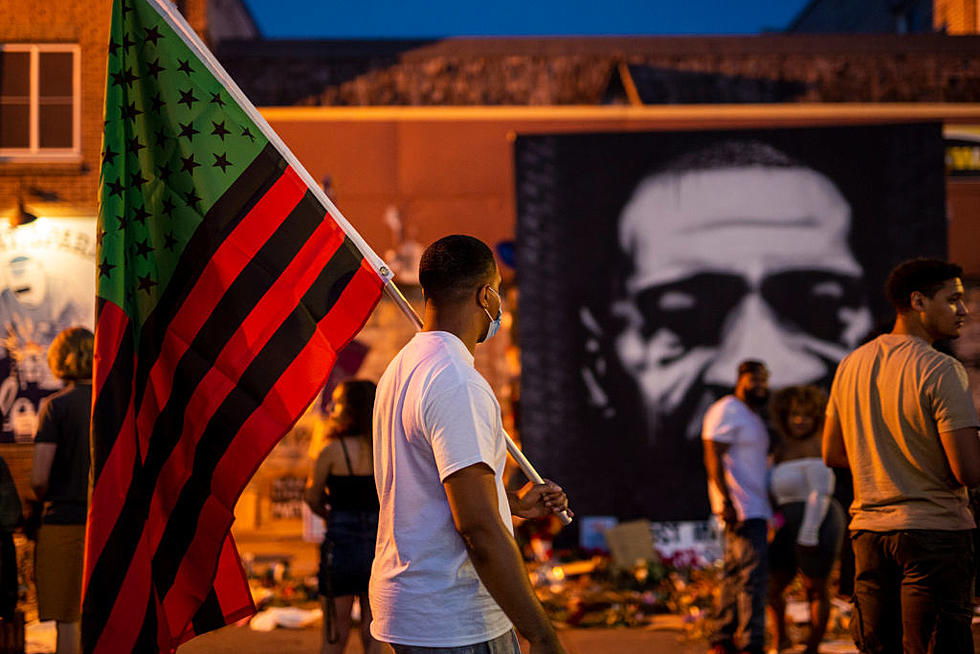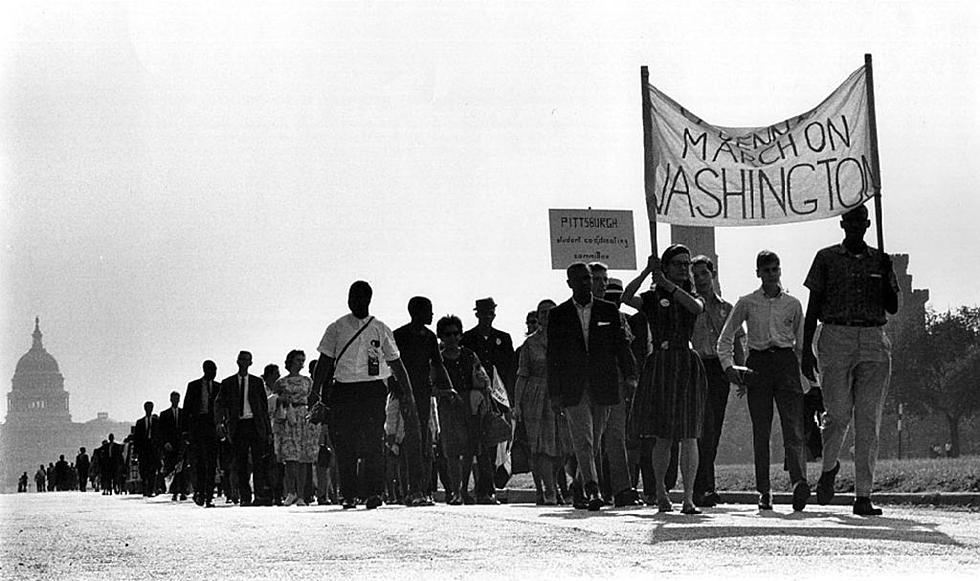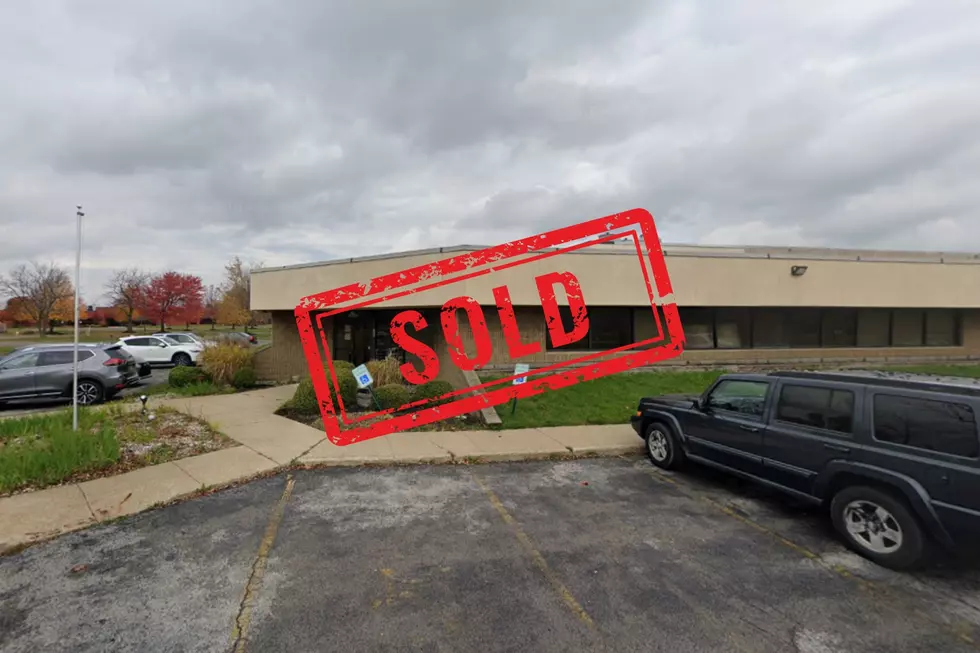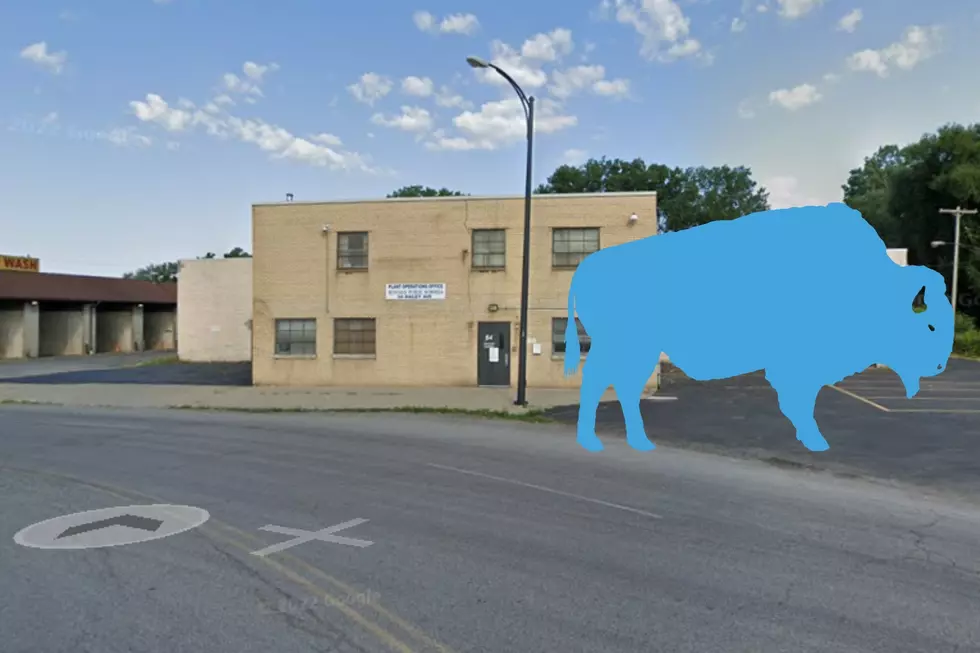
Locations Important To Black History In Western New York
Black history is American History, and Buffalo's contribution to this part of American History runs long and deep. Many people who have lived in Buffalo and places within Buffalo have made a significant impact on our country today.
Since 1964, when President Gerald Ford changed Black History Week to Black History Month, we've celebrated the cultural impact that has been made on American society by all of these important people and places. We may take some of these places for granted since we live with so many treasures in our community. Let's strive in 2024 to take full advantage of what Buffalo offers, including its contribution to black history.
Here are five Black History locations in Buffalo that you should plan to visit:
Bethel AME Church
Initially founded by the Colored Methodist Society, The Bethel A.M.E. church existed in April 1831, making this congregation the first and oldest Black church in Buffalo.
Colored Musicians Club
This jazz club opened in 1935 and is the oldest continuously running African-American music association in the United States of America. It has hosted Billie Holiday, Nat King Cole, Dizzy Gillespie, Duke Ellington, and Ella Fitzgerald.
The Nash House
This 1892 Queen Anne Victorian-style home was the residence of Rev. J. Edward Nash, Sr., Pastor of the Michigan Avenue Baptist Church from 1892 until 1953. Rev. Nash and his wife, Mrs. Frances Jackson Nash, hosted many people who significantly impacted American life, including, but not limited to, Adam Clayton Powell, Sr., and Booker T. Washington.
Michigan Street Baptist Church
This brick church was constructed in 1845 and often served as the last stop for fugitive African Americans escaping slavery on their way to Canada. Inside the church, you can still find many of the hiding spots that fugitives had to use to keep from being detected by slave catchers.
Freedom Park
The former location of the Black-Rock Ferry, once known as Broderick Park, Freedom Park in Buffalo, was an important stop on the Underground Railroad as many African-Americans were considered fugitives for attempting to run from slavery. Being that this location is extremely close to Canada, many former slaves found freedom just 1,600 feet away from our shores.
Do you know of any other historically significant locations in Buffalo that we should add?
Buffalo Kwanzaa 2023 - Day 3 UJIMA
Gallery Credit: Ed Nice
Buffalo's 48th Juneteenth Celebration, Parade, and Festival
Gallery Credit: Ed Nice
More From We are Buffalo









